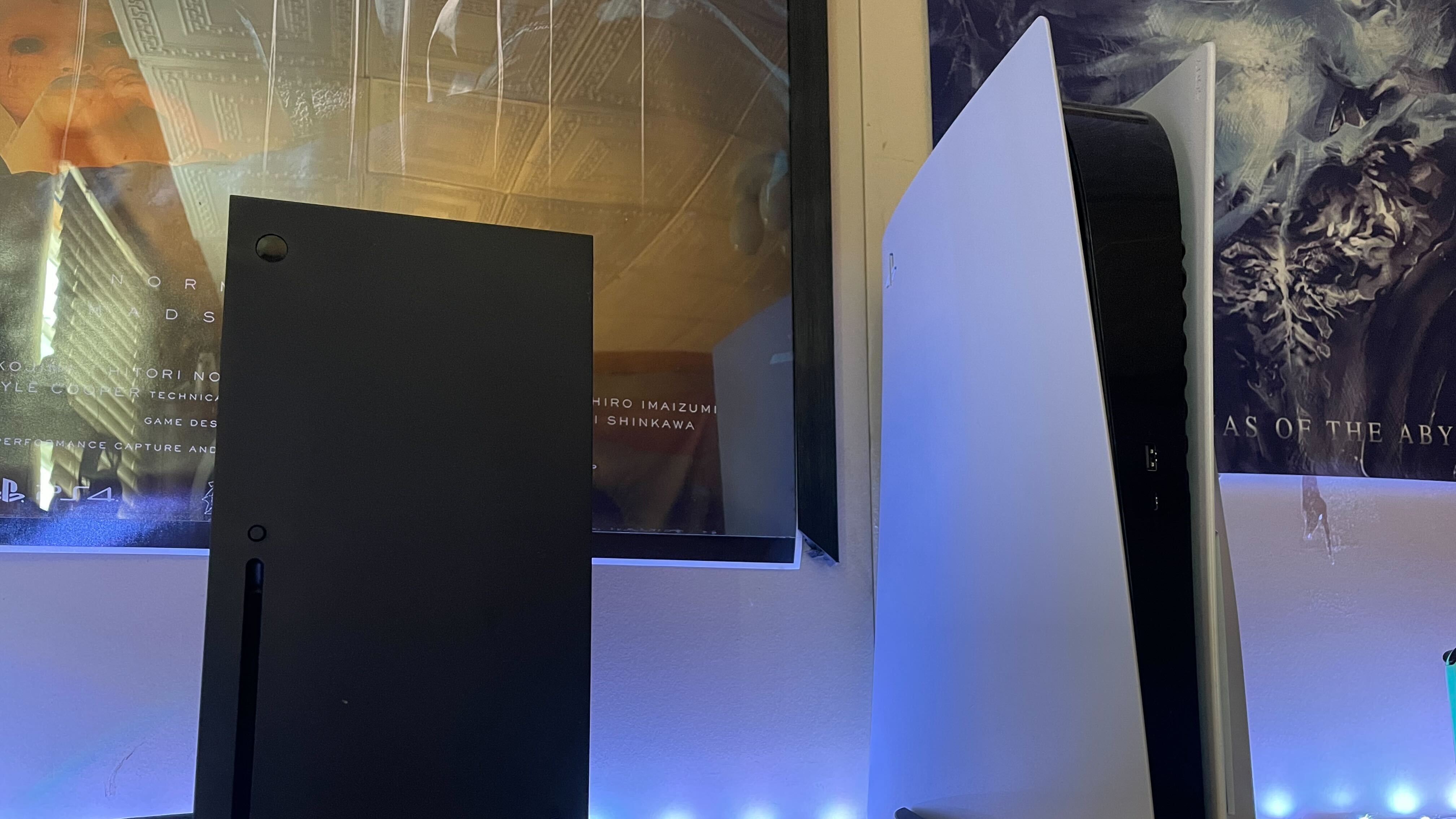AI Wars Part I: 'Hey Cortana is that you on my iPhone?'
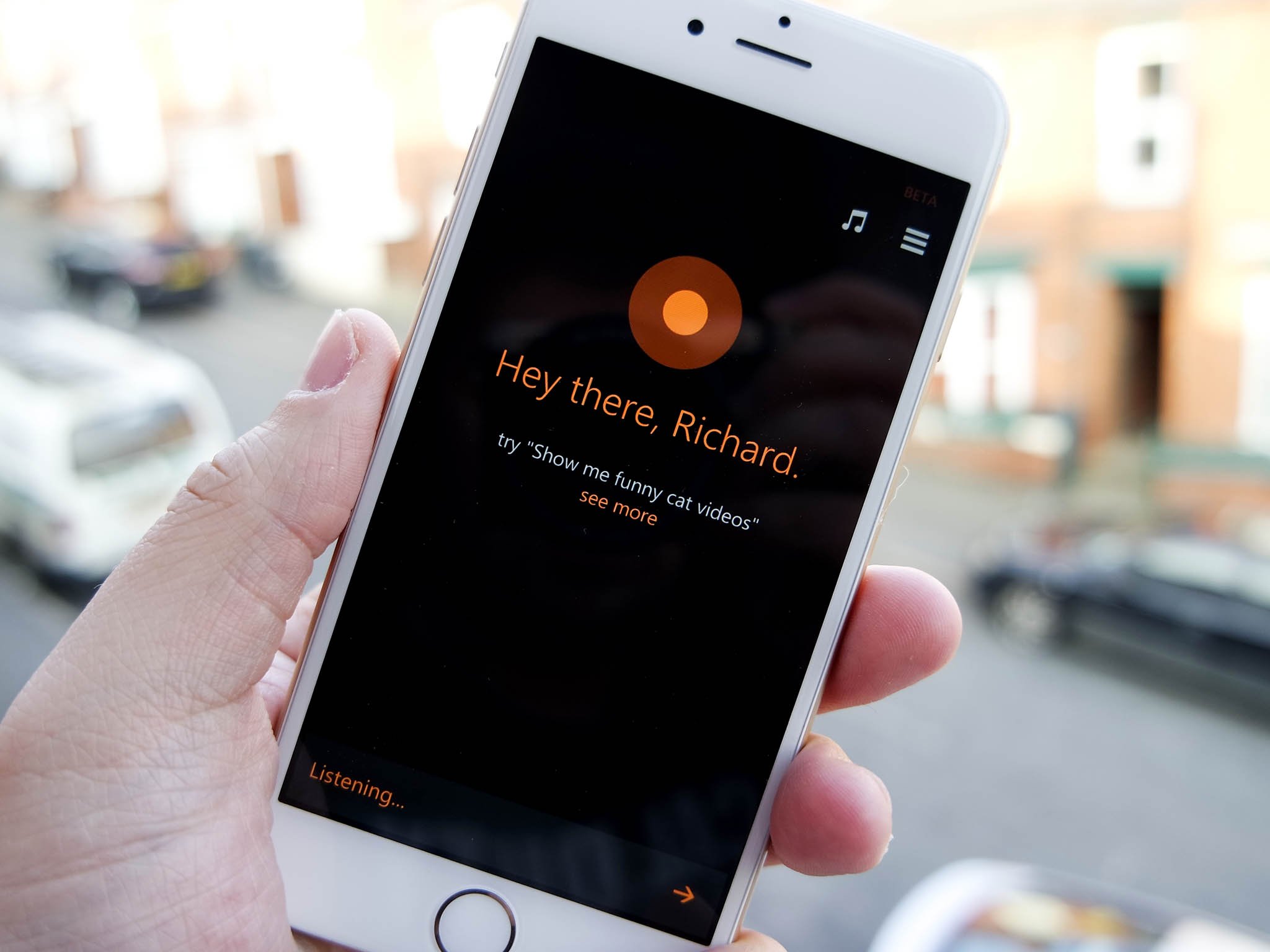
"Our top priority and showcase device for Cortana is Windows Phone. Any discussion or commentary about us giving up or abandoning Windows Phone is crazy talk. Our top priority is to make Cortana so fantastic that it pulls customers to Windows Phone. Period…And if that happens, then we can stop early future speculative talk about Android/iOS." – Marcus Ash, Group Program Manager for Cortana.
Those were the words of Marcus Ash two months after Cortana's April 2014 launch on Windows Phone. This was a perspective shared approximately nine months ago. These words, many of you may remember, followed a social media firestorm. Ignited by earlier statements which alluded to Cortana, Windows Phone fans' cherished and exclusive digital assistant, traversing the platform divide and finding a home on iOS and Android. These words were damage control.
The hearts and minds of Windows Phone devotees were quelled. Until five months later in November of 2014 when Julie Larson-Green, Chief Experience Officer at Microsoft reignited the flames. When asked whether there were plans to bring Cortana to other operating systems, her reply, "The short answer is yeah," fanned the smoldering embers of the year's earlier blaze.
A downer for Windows Phone fans who yearn for at least one standout exclusive feature for their beleaguered platform. Everyone else? Let the parades begin.
A downer for Windows Phone fans who yearn for at least one standout exclusive feature for their beleaguered platform
Maybe.
You see Julie's statement was somewhat cryptic. It was certainly not a formal announcement. Some even ventured to guess that the other operating systems that Julie was referring to may have been the Windows 10 SKUs for the Desktop. A stretch? Maybe. But one (or tens of millions of Windows Phone fans) could hope.
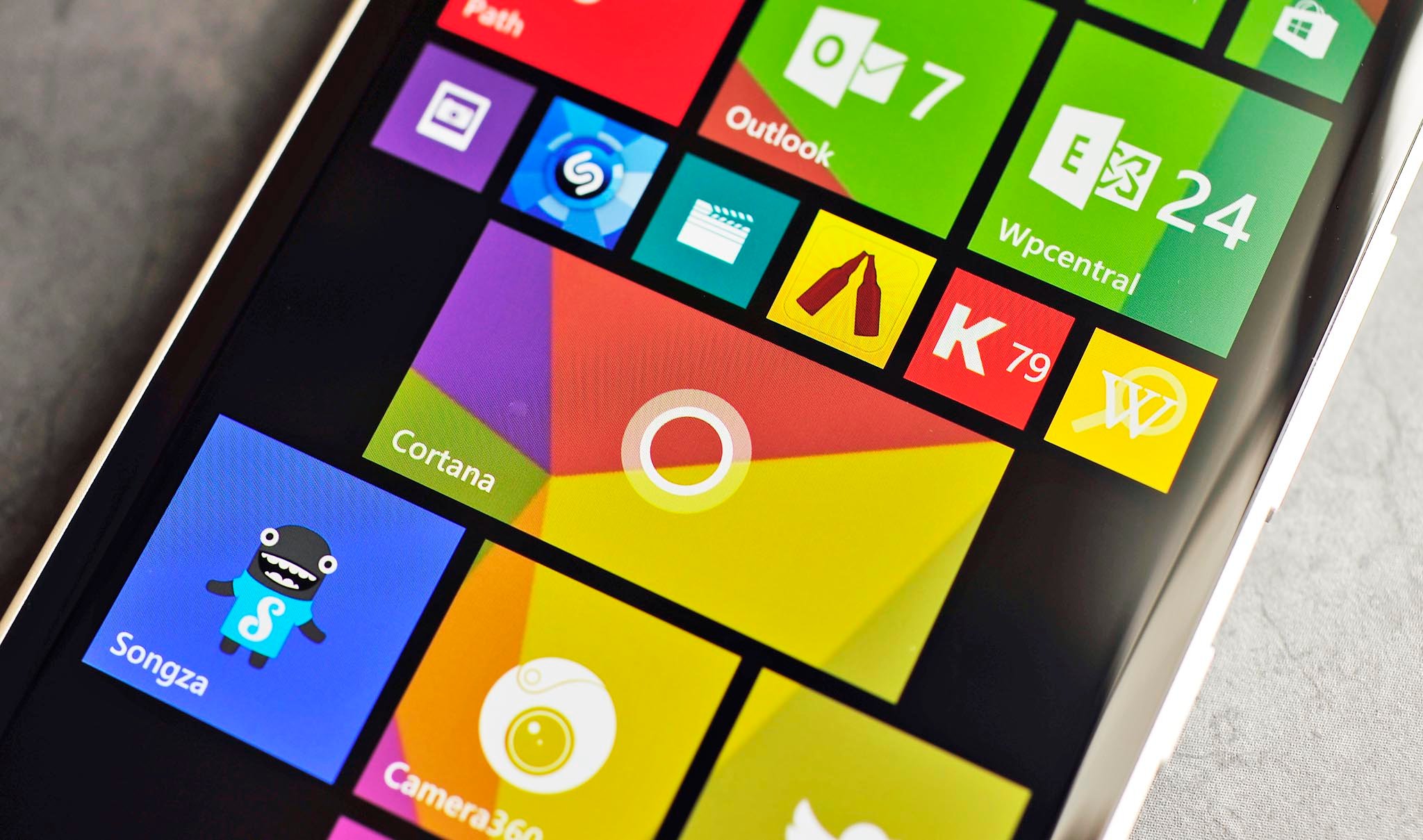
Hope Springs…Never Mind
(Un)Lucky day. It's a matter of perspective. On Friday 13 March, 2015, as luck would have it, the hopes of many Windows Phone fans were dashed when an exclusive article from Reuters made known that Cortana was indeed going to iOS and Android. No official statement has yet been released by Microsoft. It seems that after nine months the placating words of Marcus Ash have been overwhelmed by cries of foul by Windows Phone fans.
"Microsoft has been running its "personal assistant" Cortana on its Windows phones for a year and will put the new version on the desktop with the arrival of Windows 10 this autumn. Later, Cortana will be available as a standalone app, usable on phones and tablets powered by Apple Inc.'s iOS and Google Inc.'s Android, people familiar with the project said."
Plain as day. Neither Eric Horvitz, managing director of Microsoft Research nor Microsoft themselves confirmed this. However, if the report is correct, it is still clear that Microsoft's first target for a new and improved Cortana is Windows 10. This at least is consistent with Marcus Ash's comments that position Windows as the premier platform for the assistant. Furthermore, the statement from Reuters is clear that only after the more advanced version of Cortana is launched on Windows 10 will it then find its way to other platforms via standalone apps. This should offer some consolation to Windows (phone) fans. Right?
All the latest news, reviews, and guides for Windows and Xbox diehards.
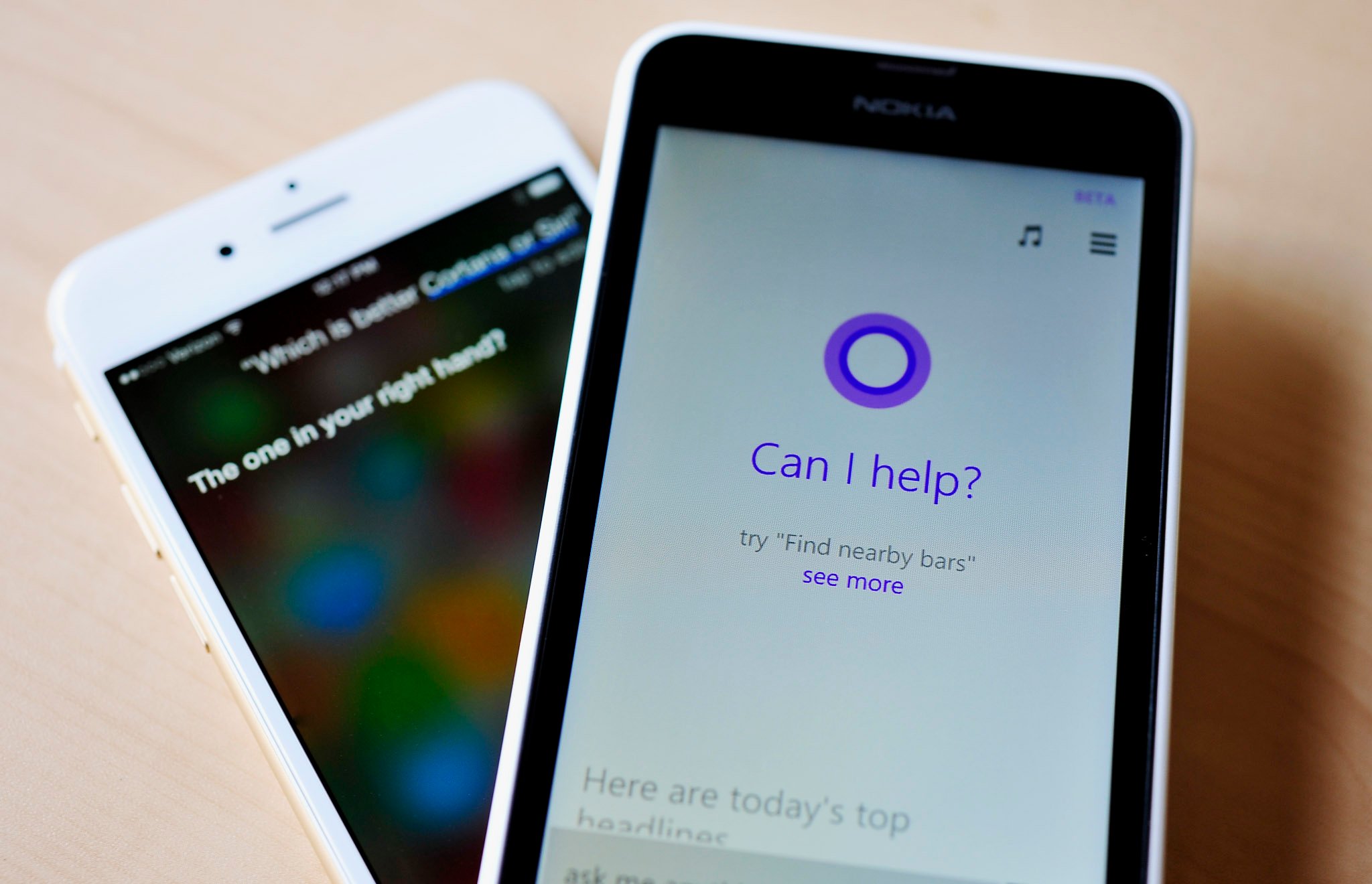
Weigh In
Cortana, even as an eleven-month-old beta, is duking it out with the more experienced heavyweights, Siri and Google Now. Not only is she holding her own, but with unique features like people based reminders and a genuinely personal approach she is winning many rounds. Her growing popularity and competence are arguably making her the people's champion of digital assistants.
That said, according to the Reuters report, the already capable assistant will be packing quite a potent new punch come the Fall (we now know that Windows 10 will launch this summer). Via the Einstein project, the name given to the project preparing Cortana's new predictive powers, Cortana will eventually move from being a digital assistant to the world's first intelligent agent. By incorporating contextual (spatial and temporal) information such as the time of day, the users location and what the user is attempting to do Cortana will be equipped to predict what supports a user may need for the given moment.
Cortana could tell a mobile phone user when to leave for the airport, days after it read an email and realized the user was planning a flight. It would automatically check flight status, determine where the phone is located using GPS, and checking traffic conditions
Amazing! Yes, this integration of data from various sources, processed and proactively supplied back to the user within a useful context will be an industry first. After debuting on Windows 10, this summer Microsoft (per Reuters) will then, with no specified timeline, be bringing Cortana with these new-found predictive powers to iOS and Android. Cortana's arrival on rival platforms sporting new capabilities may corner Siri and Google Now on their own turf.
You don't have to be a genius to see how this may be a powerful blow to the native assistants. As she impresses with jabs at the opposition via advanced capabilities, she will also begin to occupy the minds of the users of rival platforms. Particularly since the Einstein project, named after the famed physicist whose work centered around space-time, will ensure Cortana draws heavily on spatial and temporal data to predict an individual's needs.
Sure she won't integrate as tightly into that foreign OS as the resident assistants do. As an app as opposed to an OS-level integration, access to Cortana will not be as fluid as access is to Siri or Google Now. She will, however, offer advanced functionality that entices a user to use her. Then, of course, there is Windows 10.
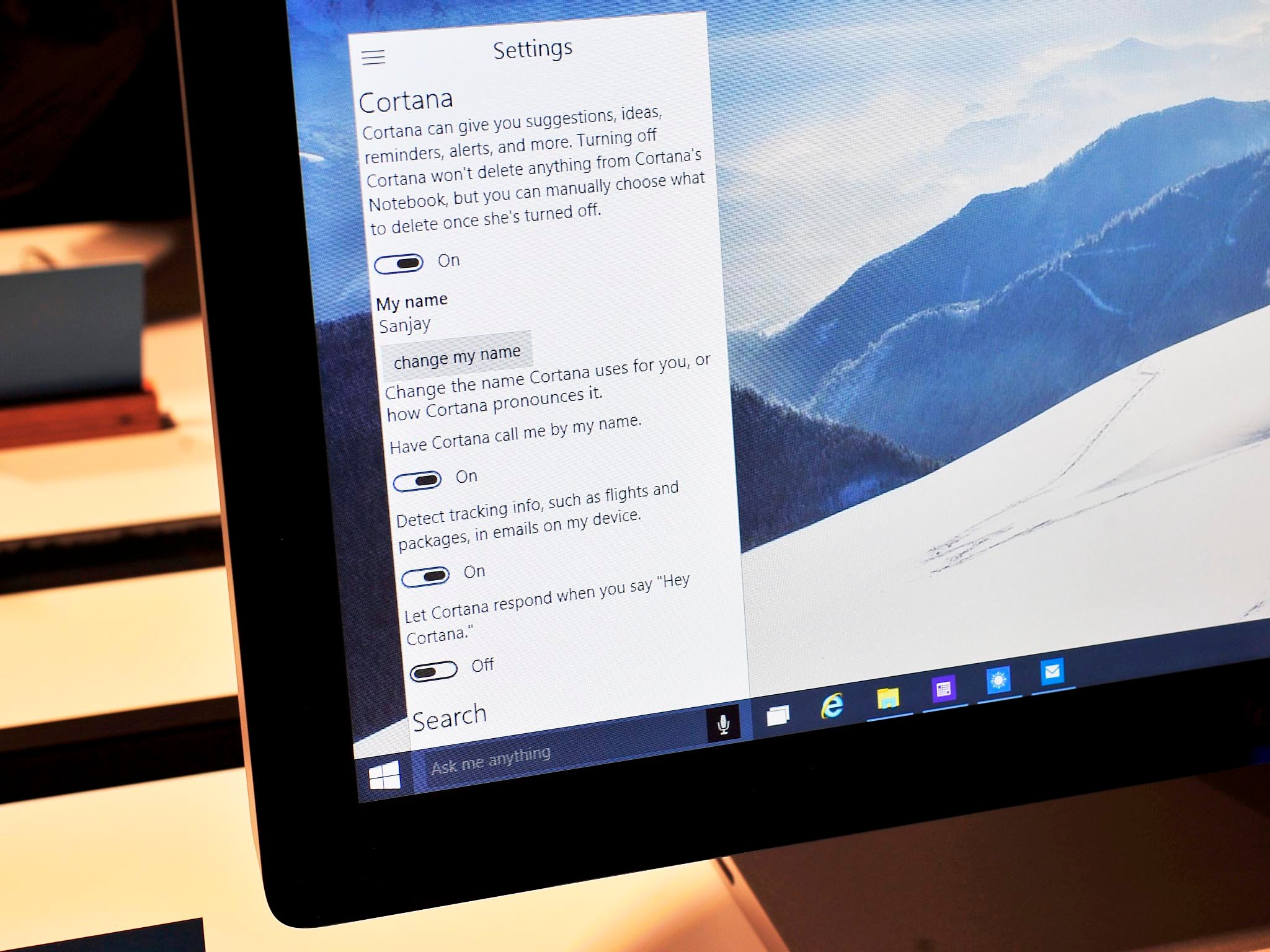
Perfect 10
Microsoft will launch Windows 10 in 190 countries and 111 languages this Summer. And of course, for many of those that will include Cortana. That's huge. This 'one OS to rule them all' will be a single platform that powers IoT devices, phones, Xbox, tablets/hybrids and PC's. Through partnerships with the likes of Lenovo, Tencent and Quiho 360, hundreds of millions will be upgraded. This is where things get interesting.
You see, Microsoft's installed base for PCs claims over 90% of the market. The closest rival is Apple which after over 30 years has achieved only approximately 7.1% share. To put a number on Microsoft's sheer dominance of the PC space, we're talking 1.5 billion PCs in homes and businesses across the globe. To put a face on Microsoft's sheer dominance of the PC space, nine out of ten people/businesses choose Windows.
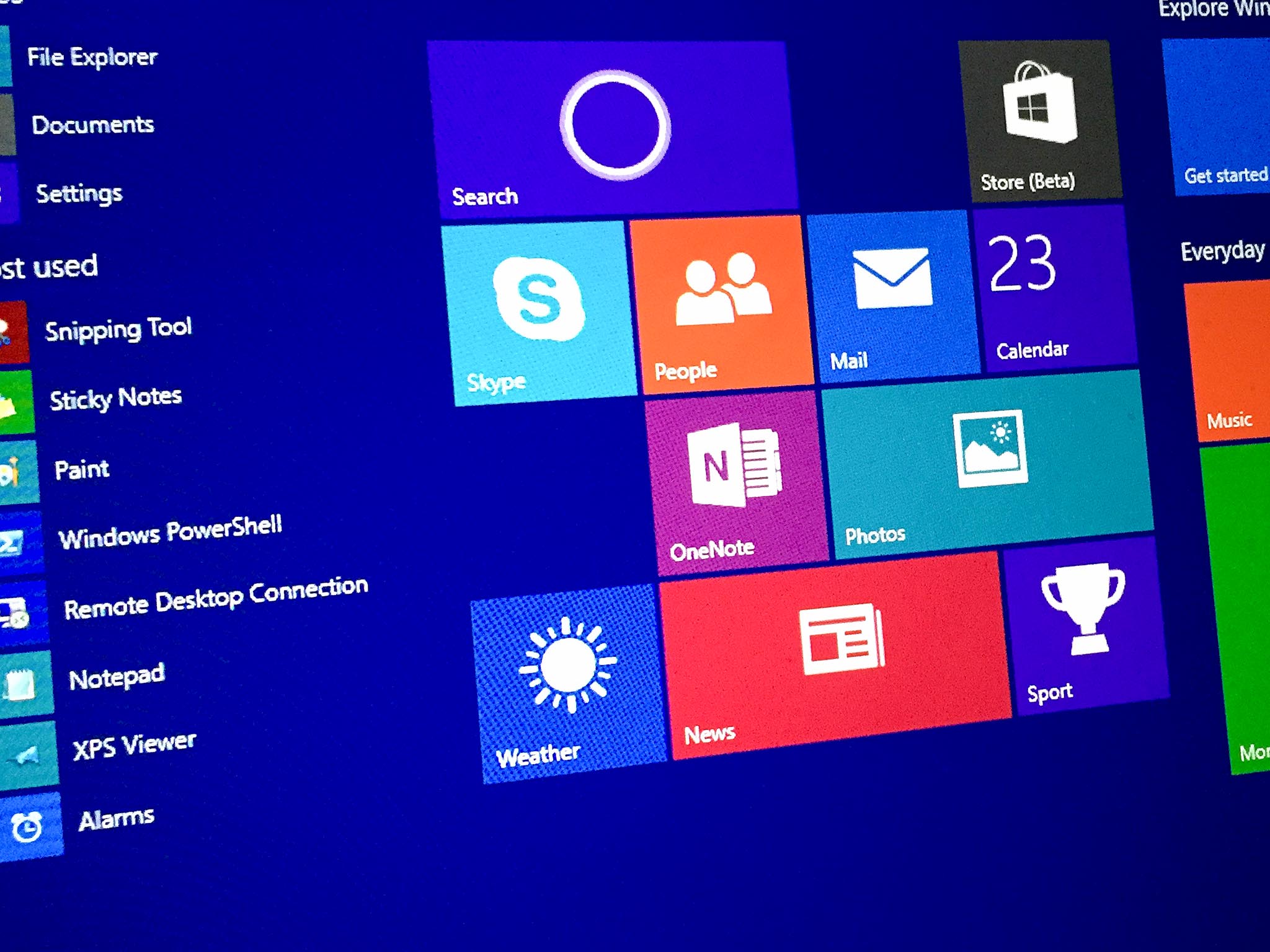
Windows 10/Cortana for (almost) Everyone!
Of the 1,500,000,000 PC's in use all Windows 7 (55.99%), 8(3.55%) and 8.1 (10.49%) PCs will be eligible for a free upgrade to Windows 10 within the first year of its release. That's a lot of Cortana. Even before she goes cross platform a growing number of iOS and Android smartphone owners who use PCs will find themselves talking and typing to Cortana on their desktops and laptops and in the Project Spartan browser. The simple and unobtrusive way in which Cortana is integrated into the various functions of Windows 10 and Project Spartan make her use very natural and the implementation powerful. She is definitely not a gimmick that will briefly entertain only to be neglected with time.
Actually time is her ally. For with time Cortana's stand out ability, her ability to learn and get to know you surfaces. She will proactively offer helpful information everywhere she is. Because Cortana lives in the cloud she will "know and remember" you despite the device currently in use. Whether that is a PC, laptop or later an iOS or Android device. Like a boxer who has taken one too many head blows, Siri's memory, by contrast, is excruciatingly short.

Halo's Cortana's Reach
As iOS and Android users experience Cortana via their PCs, complemented by the continuity of experience on their mobile devices, they will likely become more dependent upon her support (or so Microsoft surely hopes). Their comprehensive experience of this service across rival platforms and Windows PC draws the user into the Microsoft ecosystem even if they are reluctant to relinquish their mobile platform of choice.
Many iOS and Android users will potentially feel compelled to use Cortana on their mobile devices as they become more acquainted with her on the PC. As they learn her capabilities and she learns their interests, habits and other needs they may find themselves more reliant on her support when they venture away from their desktops and laptops.

Assimilation – All in the Family
Additionally "Hey Cortana" passive listening on PC may have the psychological impact of making Cortana a virtual household name. Remember 90% of us use Windows PC's. That's hundreds of millions of users who will over time be saying and hearing Cortana's name daily. She will likely become the default assistant, the first thought when seeking information, since her helpful presence in desktop OS, Project Spartan browser and iOS, Android and Windows smartphones and tablets will be so pervasive.
Hearing members of the family speaking to Cortana as they work on the PC asking her to send emails or look up information will become as commonplace as hearing members of the family talk to one another or converse on the phone. As strange as it may sound, Windows 10 could have the effect of making Cortana a functional part of many families.
As such she will be talked to and talked about. Not only among family members but also with friends, colleagues and quite possibly even as small talk among strangers. Why? Because as the 1.5 Billion of us upgrade our PCs to Windows 10 and buy Windows PC's and tablets, that single AI entity becomes a member of hundreds of millions of families and businesses. We will all have a "Cortana" experience.
An employee to a colleague: "I was writing my report last night and as asked Cortana to compose and send you an email about the Board Meeting. Did you get it?"A student to a teacher: "I was doing my physics assignment last night and Cortana suggested Einstein's book Relativity: The Special Theory and the General TheoryTwo strangers at a museum: Yes! Based on my interest in Native American art Cortana suggested this exhibit to me too!A brother to a sister: Samantha the AI from "Her" was able to help multiple people at the same time. You don't believe me? Ask Cortana!"
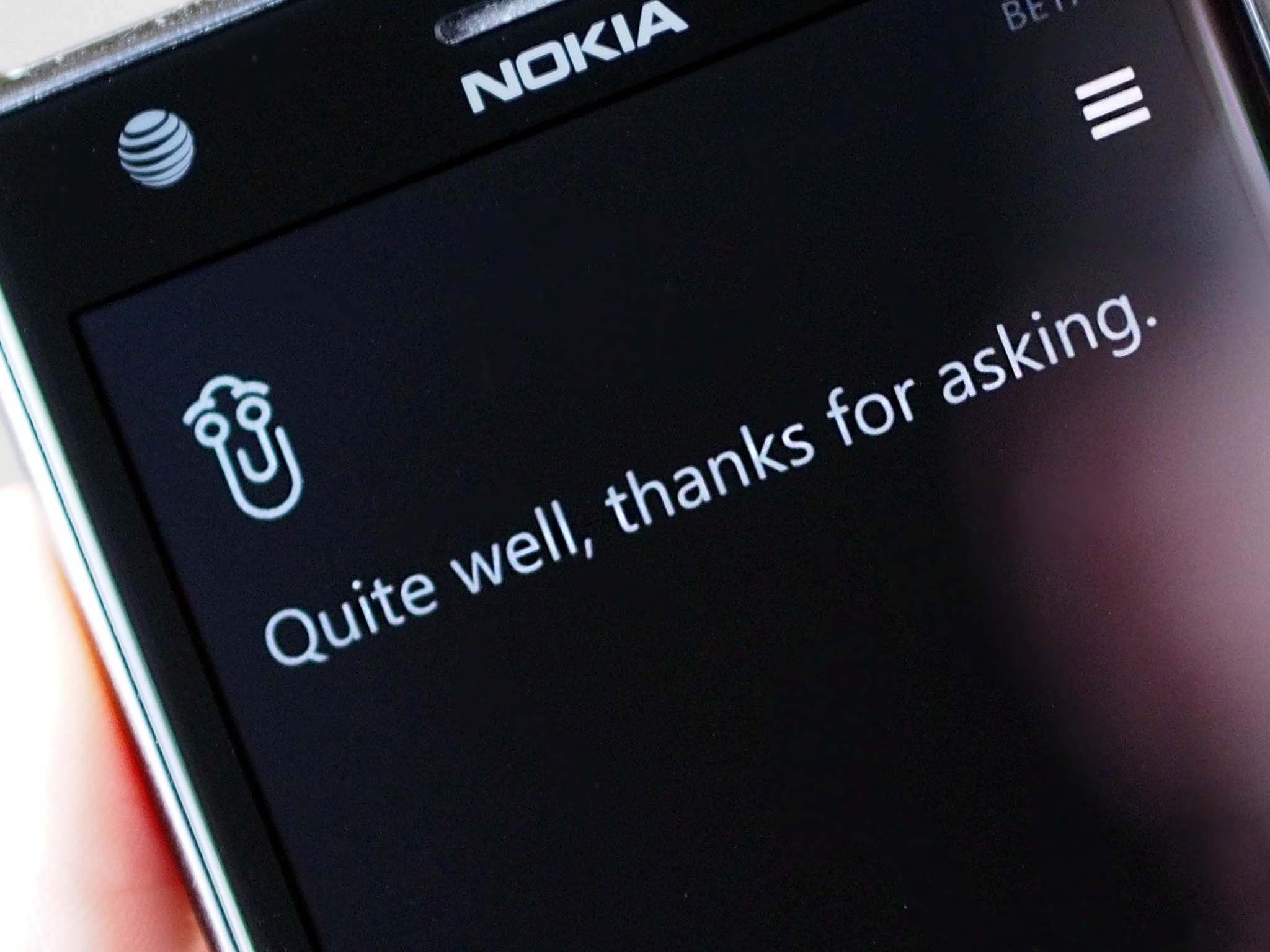
Training Days
"Our machine-learning infrastructure will understand people's needs and what is available in the world, and will provide information and assistance. We will be great at anticipating needs in people's daily routines and providing insight and assistance when they need it…" – Steve Ballmer
Cortana is approaching her one year anniversary. Microsoft wasn't new to digital assistants with her 2014 debut. Microsoft's Bob and Clippy were early attempts at digital assistants. Redmond's goals were well ahead of the technology. Without developed neural network technology, a widely available internet, and a vast knowledge base Microsoft simply could not deliver on a great assistant. However, the company has dedicated great financial and human resources over the years to machine learning.
"As everyone gets essentially what we'd call the personal agent—it's been talked about for decades and now really is possible—we see where you're going, we see your calendar, we see your various communications, some of those communications we can actually look at the tags, look at the speech, try to be helpful to you in your activities."
It paid off.
While Siri stole headlines in 2011 and Google Now grew in its seeming precognitive abilities, Microsoft was building a knowledge base. A powerful backend that would make its latest entry into the AI digital assistant arena a game changer.
As a boxer watches video of their rivals in preparation for the match Microsoft kept its eyes on what the competition. The introduction of Cortana in April 2014 saw a digital assistant that possessed the strengths of its rivals in personality and context awareness, yet all presented in her own style.
Her popularity in just one years' time (bolstered by her identity as a beloved character in one the world's most popular video game franchises), is a testimony of her ability. Most reviews give Cortana high marks. Microsoft even featured her in their Stories on People.
"The smartest AI in the universe is smarter than you think."
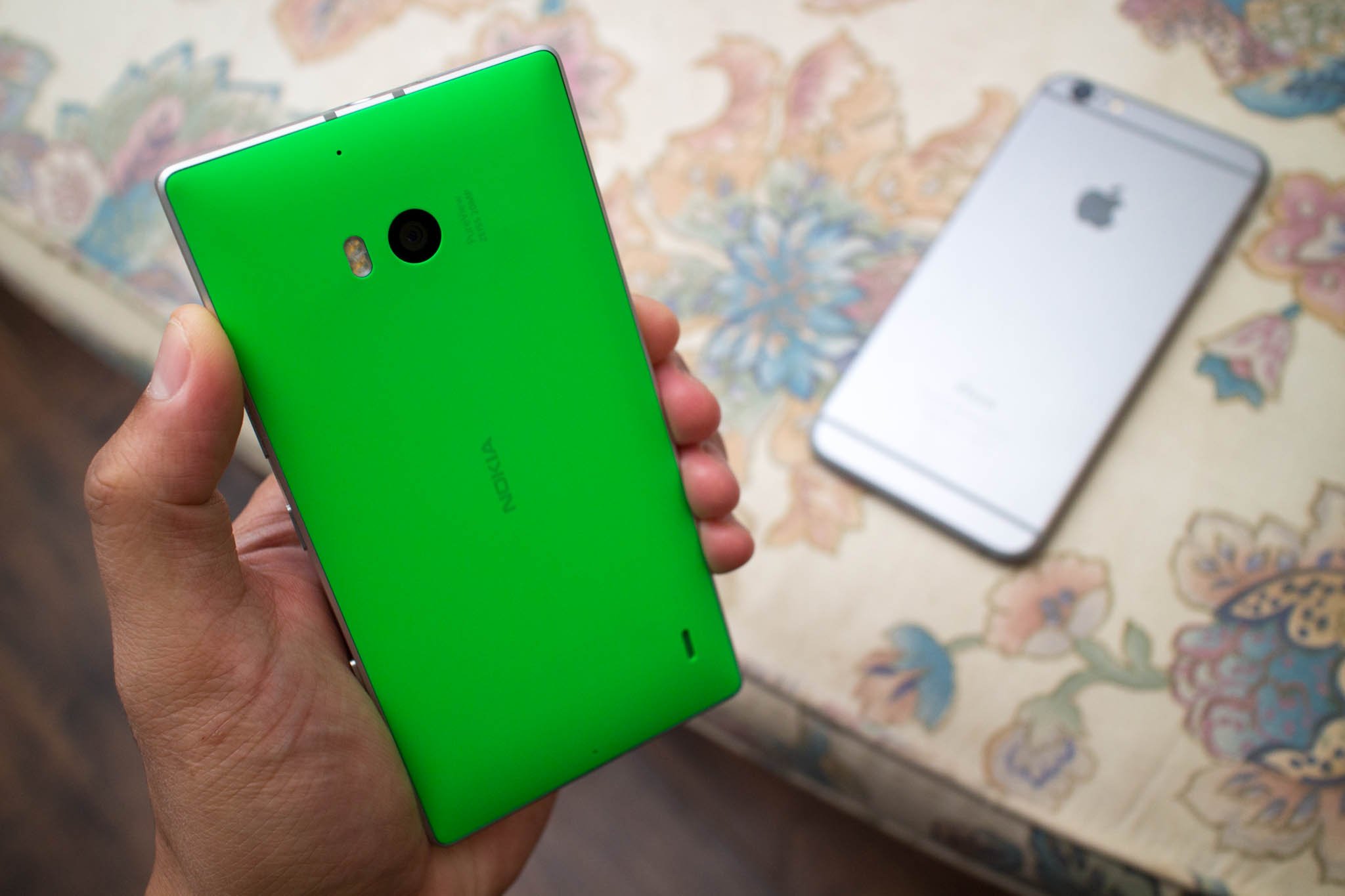
Bob and Weave
We know Cortana going cross platform is the last thing a lot of hardcore Windows Phone fans want. Cortana, after all, is the single exclusive Windows Phone feature that exudes that much needed "cool factor". For a company that's working hard to shake its stodgy, old "IBM-ish" image, "cool" is a must.
Many are finding it difficult to reconcile how Microsoft could invest in the now popular Cortana vs Siri ads that pit Cortana against Siri in various scenarios. If it were possible Siri, after these ads, would be mortified. The ads after exhibiting Cortana's superiority then promote a Windows device.
After seeing these ads, the idea of bringing Cortana to iOS and Android seems like a shift in strategy and waste of resources to some. I contend that the campaign's purpose was multi-faceted. First and foremost it was to put Cortana on display. To introduce her to the mainstream. To get awareness about her into the collective non-Windows Phone user, non-techie mindset.
"We are dead serious about giving you the best personal assistant on any Smartphone, something so great that you will convince everyone you know to get a Windows Phone."
Yes, one aspect of Microsoft's strategy in my estimation was to act as a draw to those smartphone users who would be enticed to jump ship and try Cortana out on a Windows device. You know, like Marcus Ash shared.That's the short play.
The second reason I believe was part of Microsoft's long play. By putting Cortana and Siri side by side on screen via these ads and showing the superiority of Cortana over Siri two options were shown in one space. One option was clearly demonstrated as superior to the other. Microsoft's goal of putting a Cortana app on iOS and Android would be the real world implementation of that visual. Cortana and Siri would be sharing the same space on someone's iPhone and users will have been trained to perceive Cortana as the superior option. That's some fancy footwork there, Microsoft.
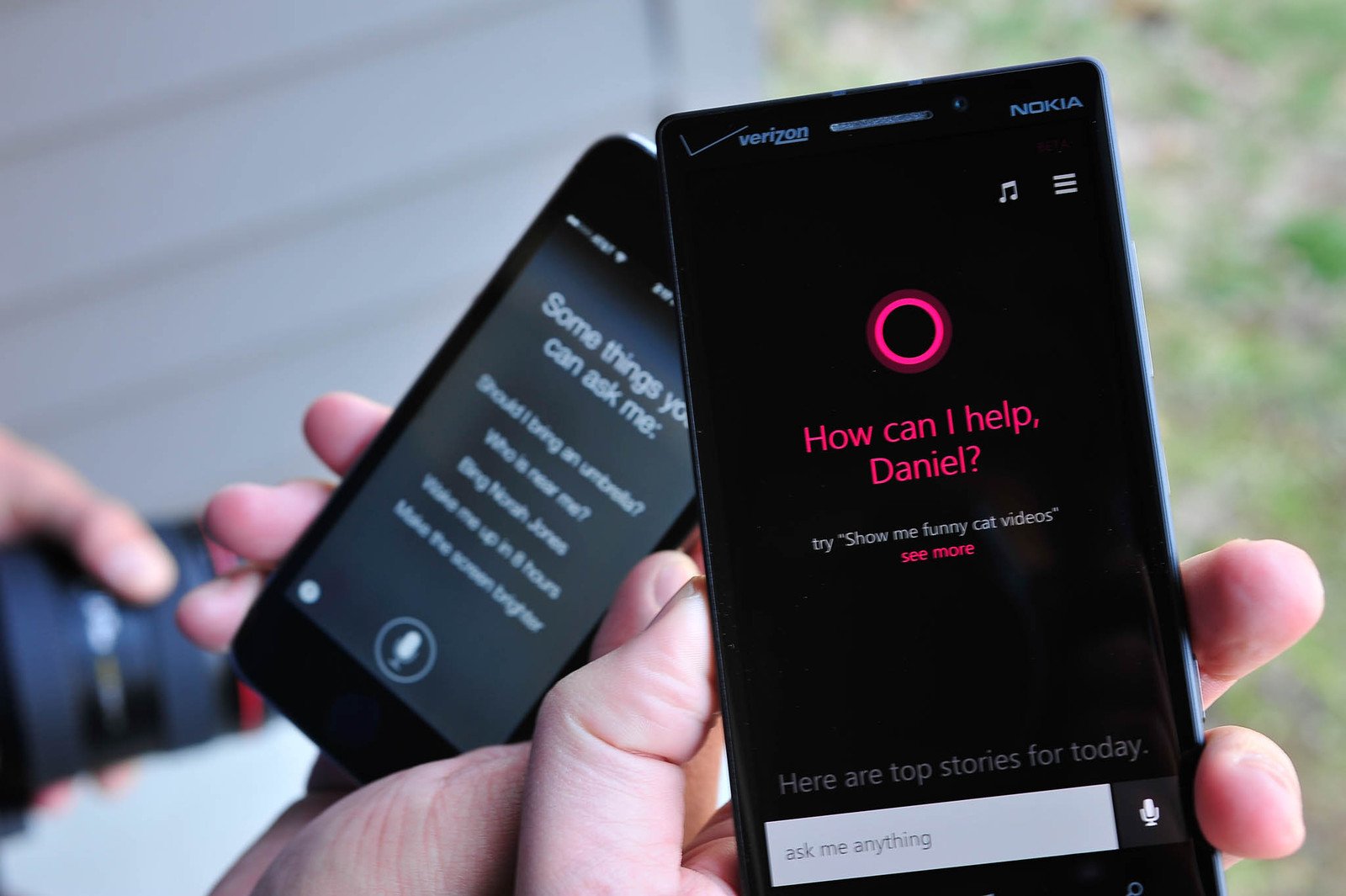
Still holding the Towel
Ben Lovejoy of 9to5Mac wrote:
"Microsoft has made a habit of mocking Siri in Cortana ads, largely focusing in the lack of contextual reminders. But this latest move may represent recognition that Windows Phone has little or no future, and that Cortana's only chance of survival is on rival devices."
Windows Phone has low market share, yes. But Microsoft's strategic move to place Cortana, it's service, on iOS and Android is consistent with the cloud first, mobile first strategy that has defined Satya Nadella's tenure as CEO to date. Admittedly if Windows Phone had 50% of the market Cortana may not be moving to competing platforms - so soon. Though based on Microsoft's strategy an eventual move would be certain.
For a service like Cortana to grow, data is essential. The more users the more data. Since Microsoft's mobile market share is so low a launch of Cortana on rival devices in the wake of the game-changing launch of Cortana on Windows 10 would draw in a tremendous pool of additional users in a short amount of time. Ensuring that the Cortana experience is comprehensive for the hundreds of millions of users who would "meet" her in Windows 10 necessitates that she follows the user where they go. As a sort of echo effect, a strategic launch beyond Windows to include Android and iOS while the Windows 10/Cortana experience is still new and exciting increases the probability of engagement across devices. Nice blow Microsoft.
So no, Microsoft's move of Cortana to rival platforms is not an indication that they are throwing in the towel. It is more indicative of their goal to be the platform for everything including mobile. With the Cloud-based, device agnostic Health platform and Microsoft Band, they have presented themselves as the platform for health. By offering their Office productivity suite across devices, they are the platform for productivity. With Azure they are the platform for a host of cloud-based services. Through Cortana on PC and mobile devices Cortana becomes the ubiquitous interface to a user's experiences across devices. Giving up on Windows Phone? Far from it. An ambitious positioning to deliver a knockout blow? More like it.
It is more indicative of their goal to be the platform for everything including mobile.
As a matter of fact, Cortana is deeply integrated within Windows Phone. Her functionality for a Windows phone user will be much more profound than on rival platforms. According to Satya Nadella, the Microsoft ecosystem will be "home" to Microsoft products and services. In practice, this would mean a superior experience for users who are all in with Microsoft. Cortana working between PC/Tablet and Windows phone should be interconnected, offer a deeper integration and present more profound features than what iOS or Android users will experience. Cortana working between Windows 10 on the phone and PC should be magical.
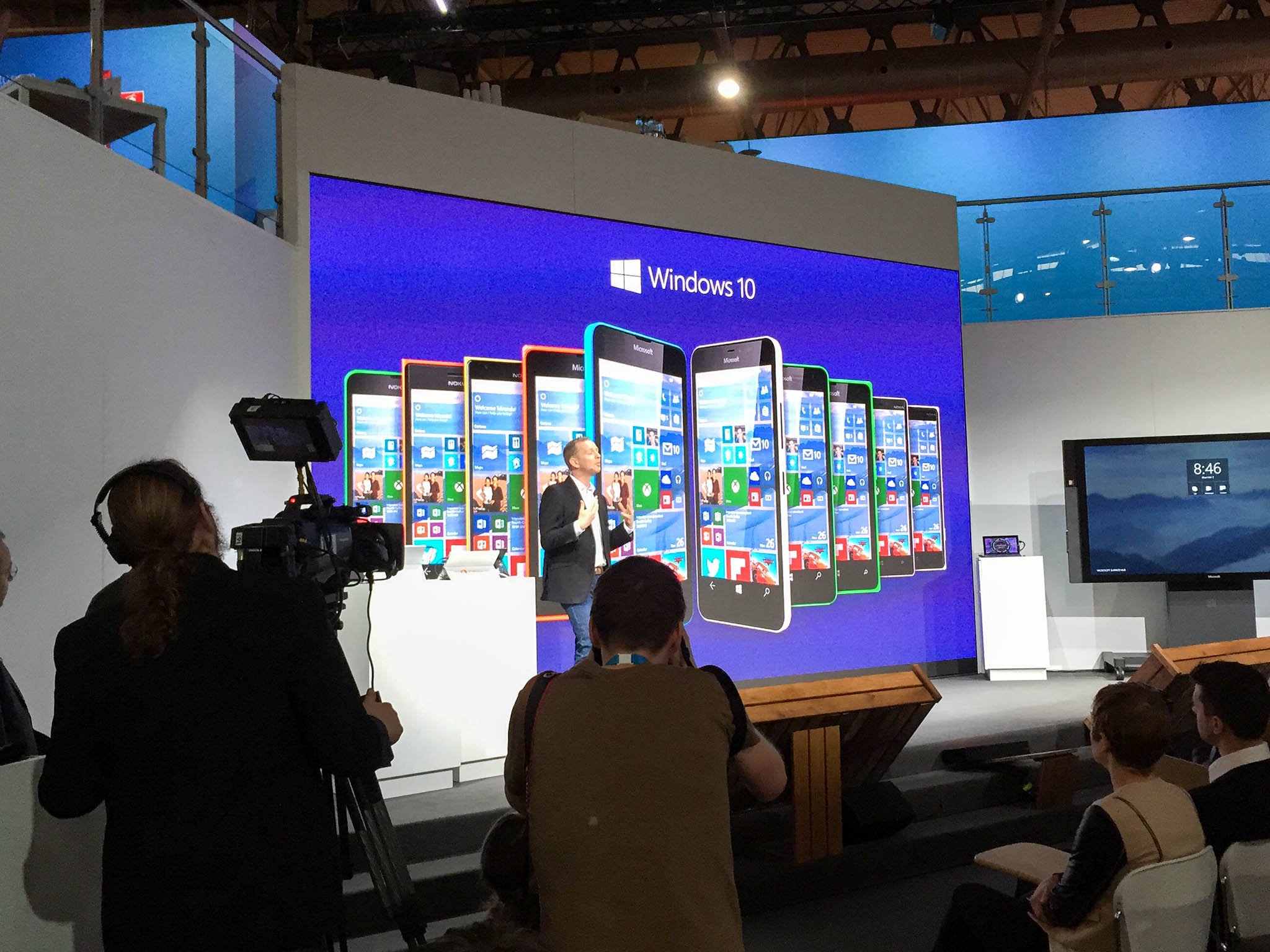
No Place Like Home
Cortana on iOS and Android is a good thing. She will be like that outsider that steps in and does things better than the one hired for the job. With support from the PC her prospects of replacing the incumbents in usage on their own device become greater.
So should Cortana be worried about Apple's potential improvements and "Hey Siri" Apple Watch interaction? Or should she be concerned about Google's opening of Google Now API's. Well, her moves to usurp those assistants on their own platform may be evidence of one thing. That she really is from the future and she saw all this coming.
By occupying space on rival platforms and offering unique functionality, she becomes a tempting option for users. No, iOS and Android are not her home. She will simply be a guest working hard to impress. To those of you who are all in with Microsoft, Cortana will never leave home. Microsoft has made a strong commitment for Microsoft's devices and services to have a superior experience within the Microsoft ecosystem. The launch of Windows 10 lays the groundwork for the full realization of that promise. If Cortana were to echo that commitment she would assure you there's no place like home.
Don't miss AI Wars Part II: Watch Out Cortana Apple may Have Given Siri a Nasty Left Hook!

Jason L Ward is a Former Columnist at Windows Central. He provided a unique big picture analysis of the complex world of Microsoft. Jason takes the small clues and gives you an insightful big picture perspective through storytelling that you won't find *anywhere* else. Seriously, this dude thinks outside the box. Follow him on Twitter at @JLTechWord. He's doing the "write" thing!
